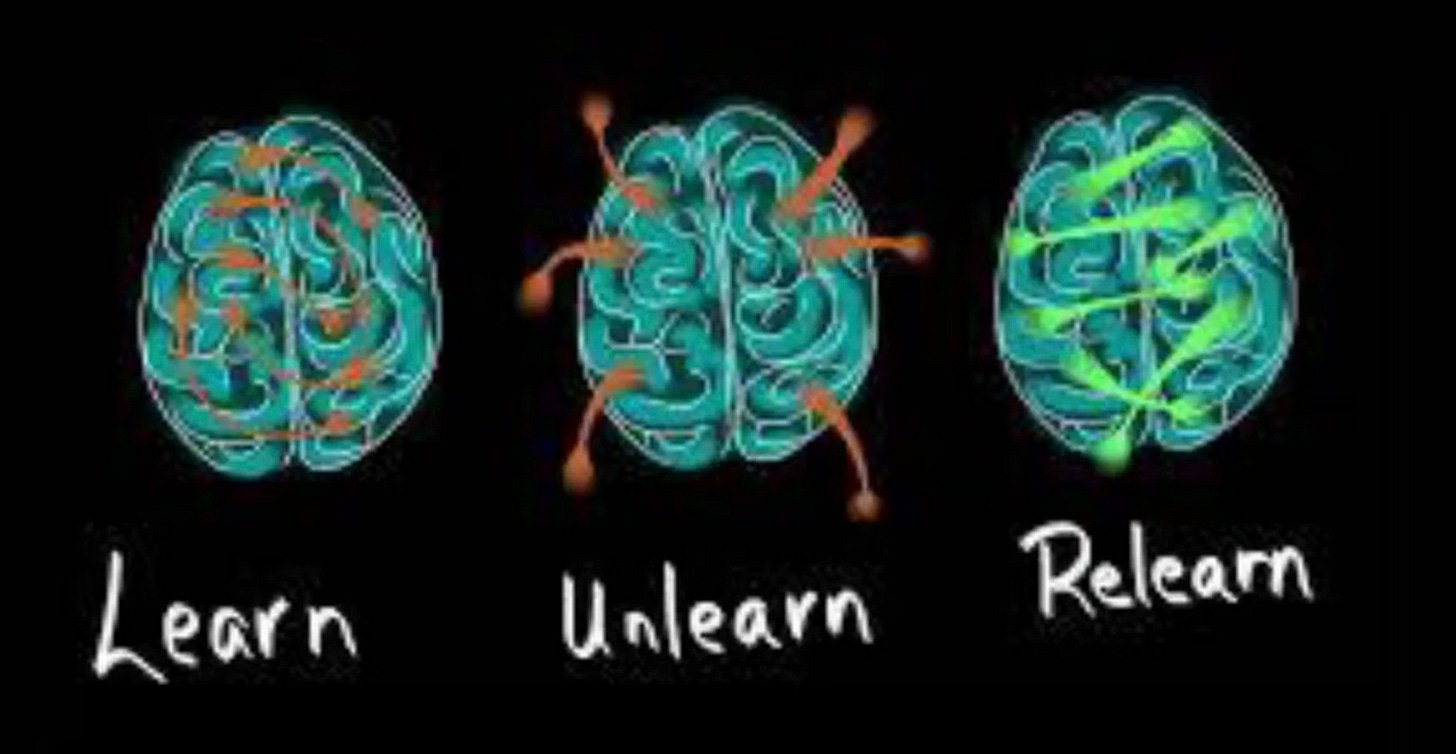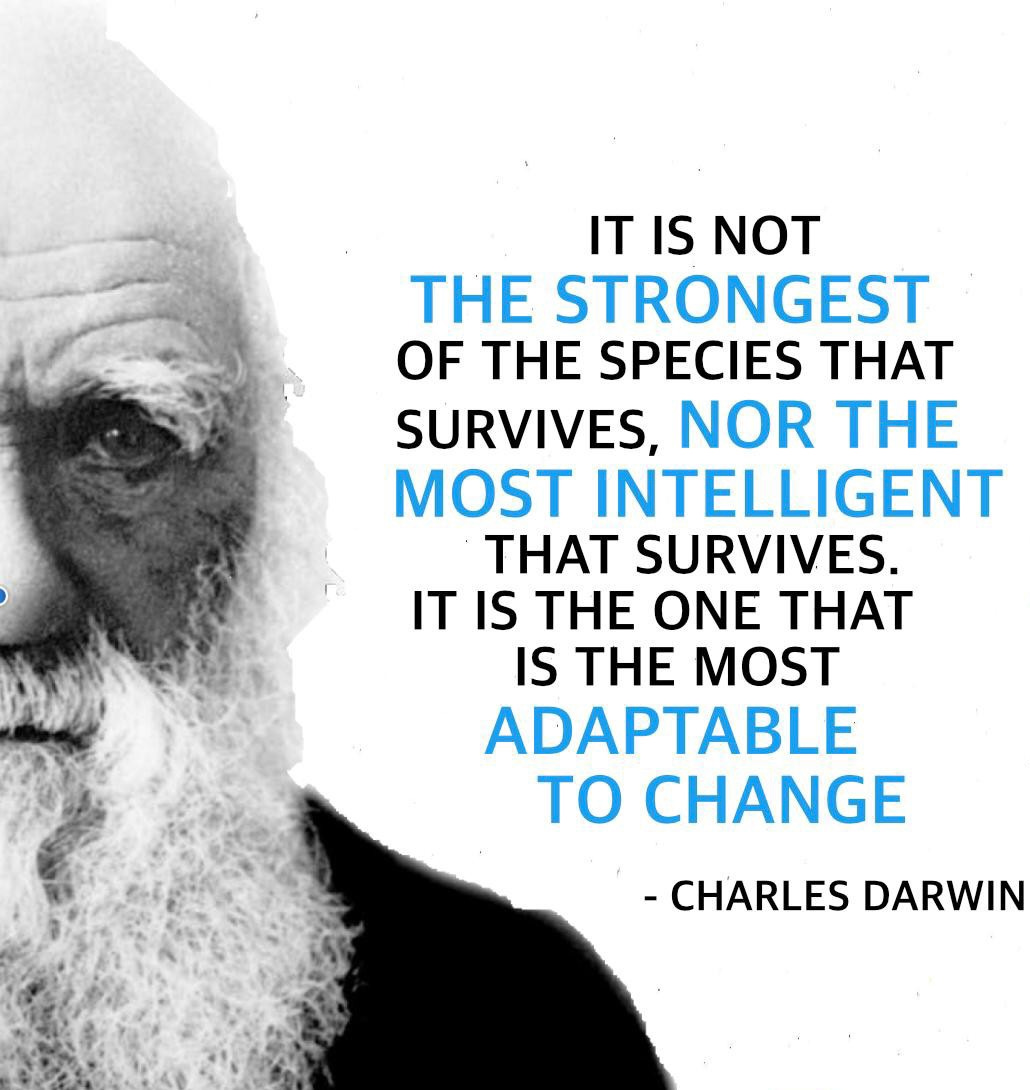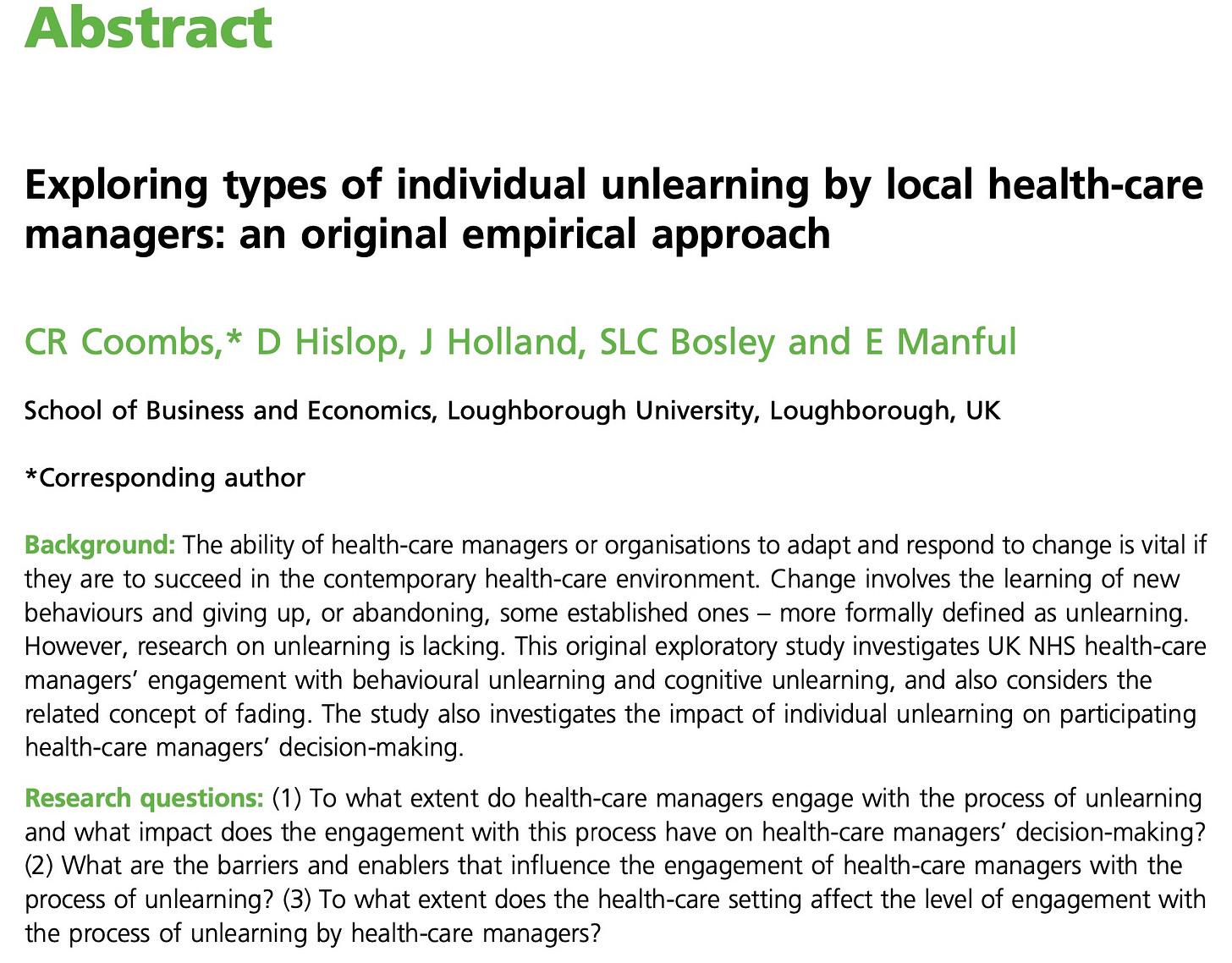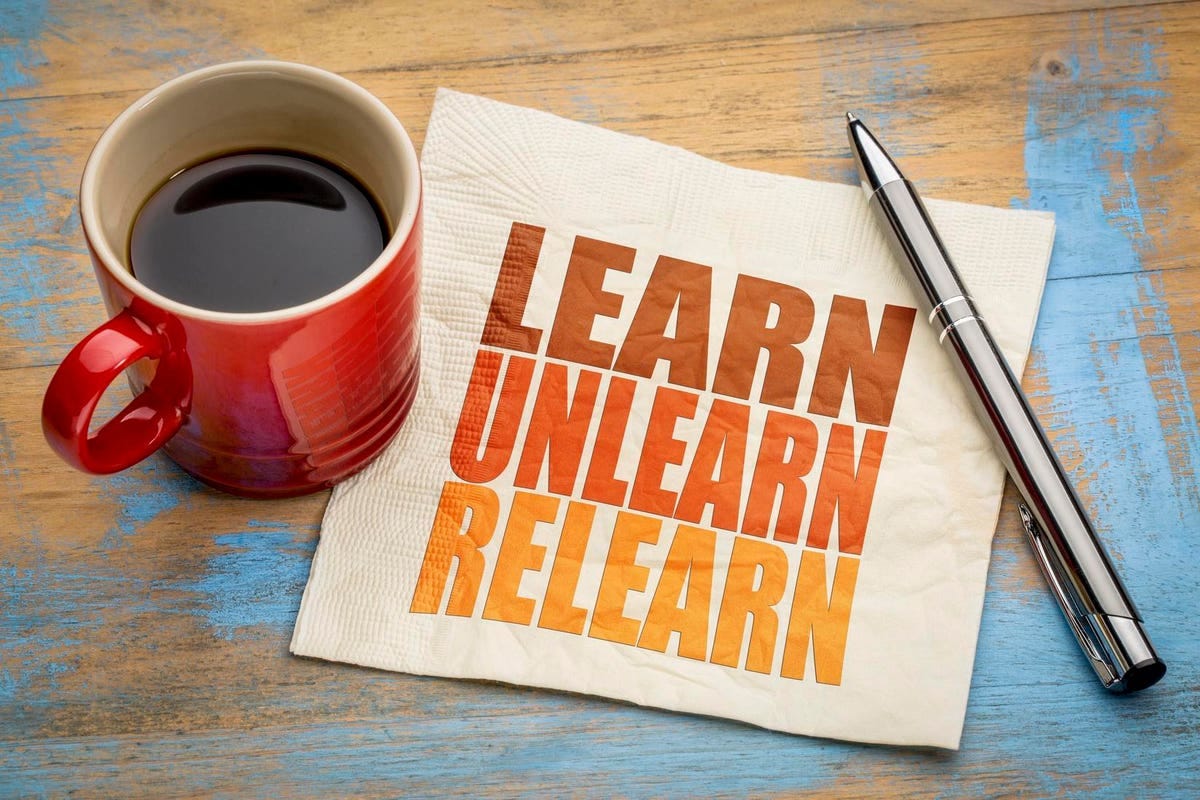In “The Empire Strikes Back” (Star Wars episode V) Yoda and Luke Skywalker have this dialogue after the spacecraft he was flying sinks in a swamp:
Luke: We will never get it out now
Yoda: So certain are you. Always with you it cannot be done. Hear you nothing that I say?
Luke: Master, moving stones around is one thing. This is totally different.
Yoda: No! No different! Only different in your mind. You must unlearn what you have learned.
Luke: All right, I’ll give it a try.
Yoda: No! Try not! Do or do not. There is no try
Satya Nadella, Microsoft CEO, is a leader I grew to admire the more I learn about his upbringing in India, the relationship with his parents, his personal life challenges, the professional accomplishments and his leadership philosophy with a deep sense of empathy.
“My father was a civil servant with marxist leanings, and my mother was a Sanskrit professor, so they hardly could agree on anything”
The seeds of deep curiosity, empathy and critical thinking were likely planted in that household; becoming comfortable with balancing opposite ideas, learning to disagree to make a point and developing the ability to put in others shoes when listening to moral arguments from an atheist father and a religious mother.
In a 2017 interview Satya Nadella says “the combination of having intellectual ambition and the ability to take the moment, the opportunity you are given, and make the most of it may have been the two things that perhaps shaped who I was, who I am and what happened”.
When he became Microsoft CEO he decided he needed to make some culture changes. He talks about moving the company from a “know-it-all” mindset to a “learn-it-all” one. Yoda may propose to go even further to embrace an “unlearn-it-all” mindset.
He was positively influenced by a book his wife had recommended a few years back, “Mindset” by Carol S. Dweck.
“If you take two kids at school, one of them has more innate capability but is a know-it-all. The other person has less innate capability but is a learn-it-all. The learn-it-all does better than the know-it-all.”
When Satya Nadella took the reins of Microsoft, being himself an insider of 25 years, this is what he describes cemented the need to think different:
“Innovation has been replaced by bureaucracy and team work by internal politics. And the point here is not to look back and say let’s change, but it is to rediscover.”
Why it is so important to learn, unlearn and relearn?
Have you ever heard the phrase “what got you here will not get you there?”
This is a good way to think about unlearning and relearning, because unlearning is not just about forgetting old things to let new ones in, or just letting go of old ways of doing things, but it has to be paired with relearning: retool, up-skill and reframe in order to enter a new phase of performance.
A key component is to be able to identify what is now limiting of what was an advantage before. To let go of the limiting is critical, as well as to know what new to bring in and how to connect the dots in new ways between the old that stays and the new that comes.
“To unlearn is letting go of any preconceived notions of your past. Freeing yourself from judgement, fear, and stereotypes that hold us hostage and dissuade us from achieving our true potential.”
In the end, the continuous process of learning, unlearning and relearning is what is needed to survive, to successfully adapt to change and thrive in new environments, contexts and situations.
It is also important to distinguish between the involuntary and unconscious act of unlearning by forgetting and the voluntary conscious act of abandoning a particular knowledge and behavior to reframe our thinking process.
“If unlearning involves the giving up or abandonment of knowledge, values or behaviours, it needs to be acknowledged that this can happen both unconsciously and deliberately. The unconscious or accidental giving up of something is typically referred to as forgetting, as it occurs over time through particular knowledge or behaviors becoming unused and eventually forgotten. This process of forgetting contrasts with deliberate unlearning, which involves a process of consciously choosing to abandon or give up particular knowledge, values or behaviors. As with Tsang and Zahra, the assumption here is that unlearning is a conscious and intentional process and, as such, is distinct from forgetting.” Health Services and Delivery Research, No. 1.2. NIHR Journals, 2013 “ Exploring types of individual unlearning by local health-care managers: an original empirical approach.
Lastly, another very pragmatic way to appreciate the importance of the unlearning process is to measure our learning capacity as a limited capability, so unlearning becomes a capacity-freeing exercise to incorporate the new.
No matter how you look at this topic, and I am barely scratching the surface in this post, there is no doubt that our education system should teach us these concepts since young age and we all have the responsibility of creating with our teams a virtuous loop within the learning-unlearning-relearning process in order to fuel the only one thing that matters: Growth.
Without growth there are no enduring enterprises, high performing teams, strong families or thriving individuals.
So maybe you can start today by asking yourself: what old do I need to let go, what new do I need to bring in, and what do I need to rewire so I can move onwards and upwards?
P.S. Before I go, here you have “The Treat,” where I share some of the music that kept me company while writing … Listen and enjoy as you bid farewell to this post
“Lead yourself, Learn to live. Lead others, Learn to Build.”
P.S. If you enjoyed reading this post consider subscribing to the newsletter for free, joining the community and sharing your thoughts.









In fact the more one digs the more one realizes of the metaphors and references to different philosophies
Something I had to unlearned for examples relates to my natural communication style, which can me more wordy and natural bottoms up building the argument from the details to the conclusion. I had to change to an executive style of communication that is more concise and top down, where the conclusions and the key points to remember are stated first and then (only if needed) the details. To me that does not come natural, it is still an area in which I focus to improve, but it is important. And again, it is not just the improvement of something, it needs unlearning and relearning to be successful at it because the way I am naturally wired does not make it possible for me to do it effectively if I do not unlearn it first